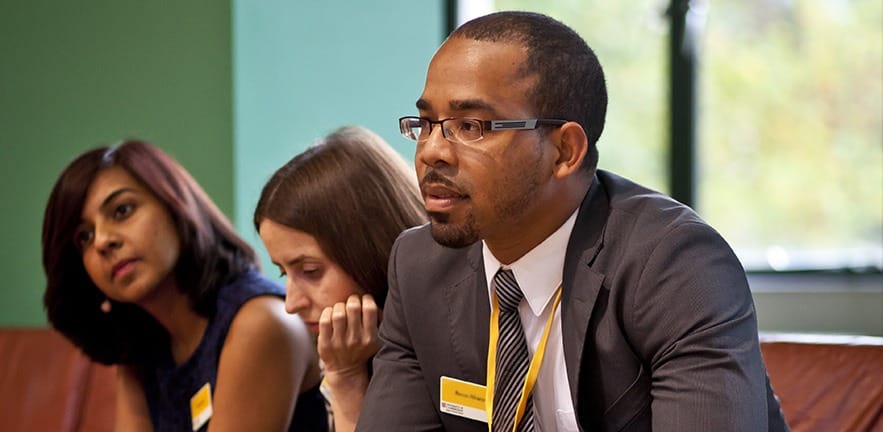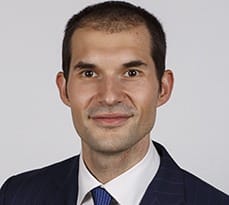An MBA is a serious commitment, so you will want to make sure you have picked the best school for you and your objectives – and there are a number of things to take into consideration.

Two Cambridge MBA graduates, along with the Cambridge MBA Admissions Manager give their perspectives on choosing an MBA programme.
The decision matrix

Georgia Tan (MBA 2015) already had two schools on her radar, and was trying to narrow it down between the two options.
She was very methodical in her approach and created a decision matrix. Her matrix took into account several factors all weighted on a scale of one to 10. She looked at (among other things): the careers services team, post-graduation salary, internship opportunities, alumni network (school and larger university), reputation, living costs, tuition, and syllabus structure. She also took into account the opinions of her loved ones and the potential disruption to her husband’s life. The Cambridge MBA came out with the strongest score, so that’s where she decided to study.
She says: “I spent one day on campus at two schools, sat in sample lectures, spoke to alumni, spoke to the admissions managers at both schools, and spoke to current students before populating the matrix and finally weighing up and choosing the Cambridge MBA.”
Narrowing options

Patrizio Parrini (MBA 2015) took a similar approach, but with a few key differences. He started by taking his GMAT first and when he realised that his score would allow him to be in the running for top programmes, he narrowed down his search and became more systematic.
He knew he didn’t want to be out of the employment market for longer than a year, so excluded all programmes that were longer than 15 months. He then researched MBA forums, looking for opinions on programmes on his long list. He reached out to admissions officers and spoke to alumni, excluding schools who gave him any negative responses.
With a short list of nine schools, all in Europe, similar to Georgia he then took a more analytical approach and developed a ranking system, based on tuition cost, reputation, fit with career goals, location, exchange opportunities, opportunity to strengthen another language, and the number of practical projects. He ended up applying to seven schools, and was admitted to all seven.
Gut instinct
However, for all his rational decision making, Patrizio finally let his gut instinct guide his final decision and says:
“My final decision was not purely rational. I completely fell in love with Cambridge when I came for the interview: the town, the School, the broader University and the people that I met (most of whom would have become my classmates). When I was on my plane, I told myself that if I was admitted to the Cambridge MBA, I would go for it, even if it was second in my ranking. I felt that it was the place where I would love to spend one year of my life pursuing my business education. For once, I didn’t base my decision on mere numbers and I have to say that I haven’t regretted it.”
The Admissions Manager’s perspective

Charlotte Russell-Green, Head of Recruitment and Admissions says: “Choosing a school which is right for you is a very personal decision. And it’s important that you pick one which is a right fit, as it is a significant investment of time and money. Think about what’s most important to you, what you want to gain from an MBA, and use that to guide your research.
Use schools’ websites to look at data such as employment reports and speak to admissions staff. If you can, meet them in person at an event or by visiting the campus. Cambridge MBA Admissions attend regular events around the world, as well as hosting Skype chats every other Friday, where you can find out more.”

